As I wrap up my thesis work for my MS in human nutrition, I find more and more people who know I spent the year studying my brains out come to me with random questions about what’s trending in nutrition.

Photo courtesy of pyxurz.blogspot.com
One question that frequently rears its head is: “What’s your opinion on juice cleanses?” Or “Should I do a juice cleanse?”
Well, my personal opinion on the matter is that juice cleansing is no automatic button to snap you into good health, to “detox” you (seriously… what does that even mean?), or to successfully help you lose weight.
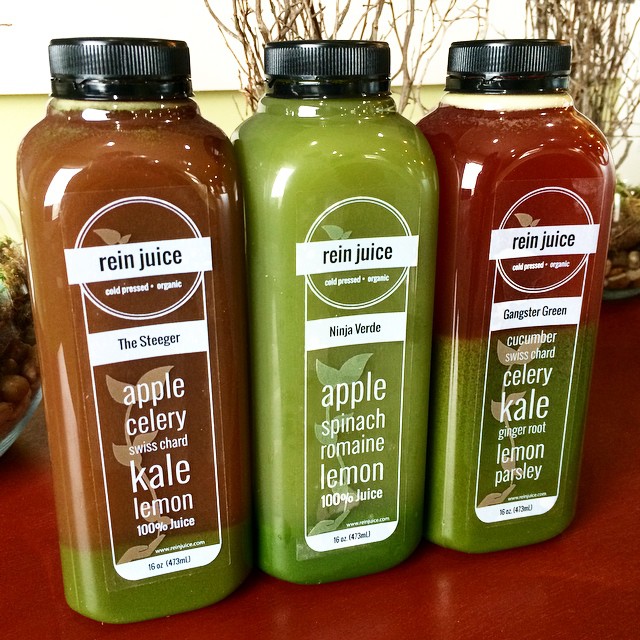
Photo by Rein Juice
Besides the fact that eating actual food is super awesome and satisfying, I feel that juice cleanses are not a good ideas for a variety of reasons. Putting yourself on any crash diet is often a setup for inevitable failure.
Even though it’s temporary, it’s a pretty drastic route to go. Many juice plan packages are, in my opinion, not nutritionally adequate or based on any real science or nutrition knowledge, but rather, are products of careful marketing strategy and target consumers based on sexy words like “detox,” “skinny,” or “pure,” that play on emotions of what consumers associate with desirable aspects of perceived better health.
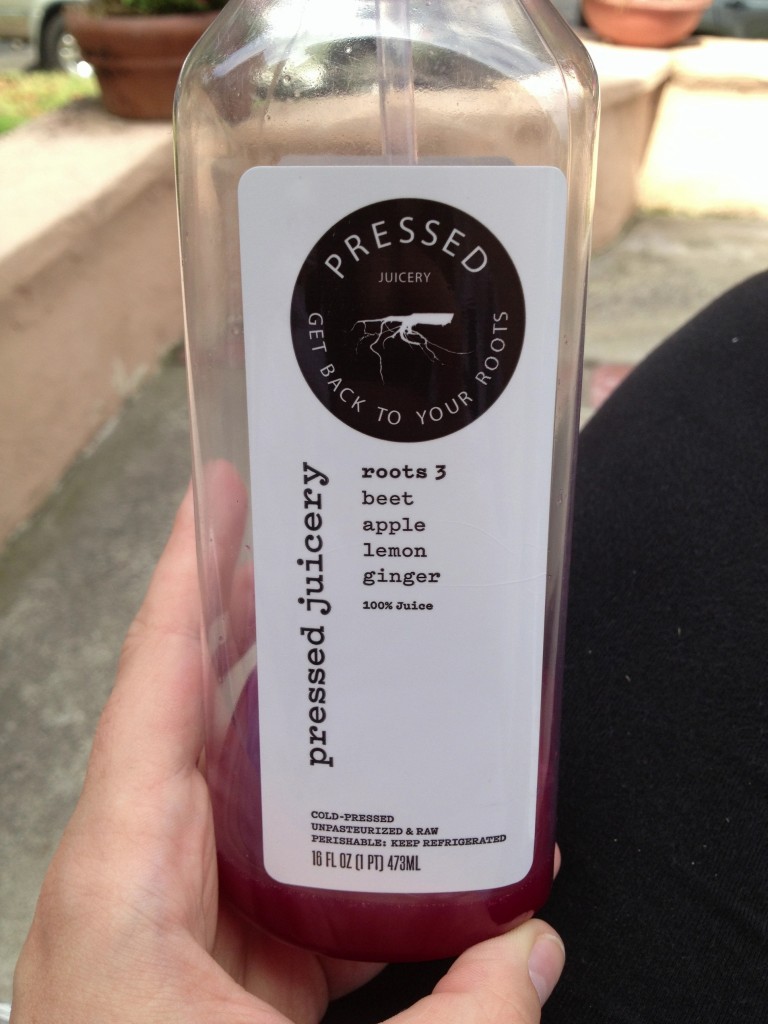
Photo by Abby Reisinger
And then there’s the ca$h monies aspect. Juice cleanses are super expensive. People often use budget constraints as an excuse for not consuming a healthful diet, claiming that fast food and junk food are cheaper than things like fruits and vegetables or healthier restaurant options.
Yet some of the same people (at least in my world) shell out hundreds of dollars on three days of sustenance in the form of juice. If you were to ask me, I would suggest, instead, investing said hundreds of dollars in healthful groceries over several weeks rather than a crash diet over a few days.
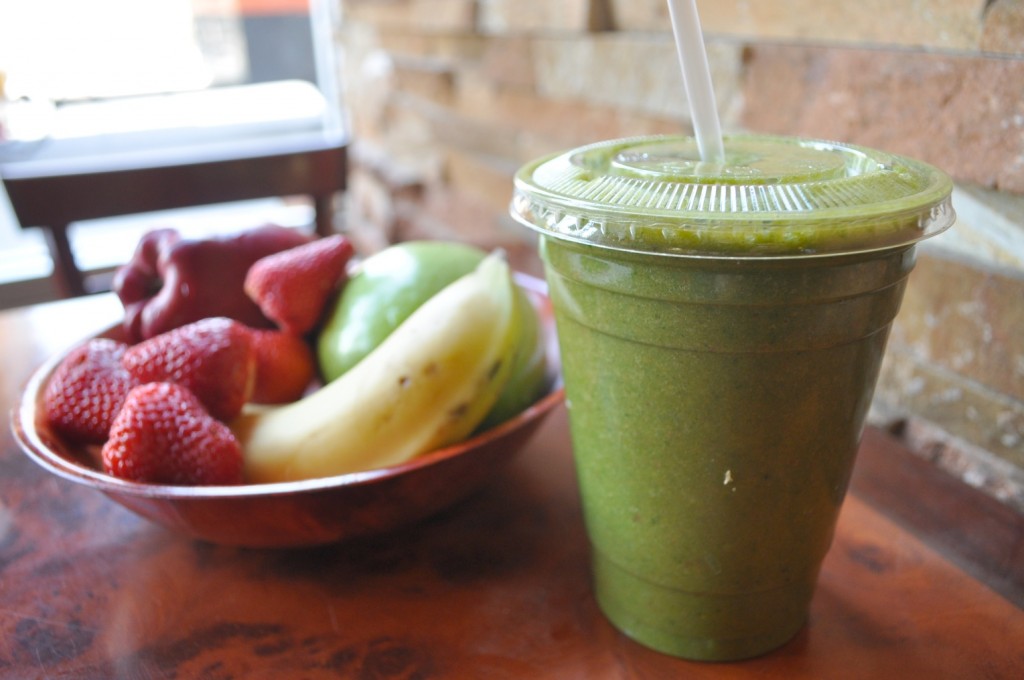
Photo by Angie Oo
Then, there comes the matter of science. I actually did a search on PubMed and Google Scholar in attempts to find any conclusive scientific evidence on juice cleanses. I legitimately scoured all my scholarly resources and found not a single scientific article that supports any health claim or benefit of a juice cleanse.
Then I tried to think back over all my previous academic education in nutrition, and could not think of a single instance when a professor said anything positive about juice cleanses. To me, knowledge and science are power, and without those backing a health trend, I can’t jump on any bandwagons.
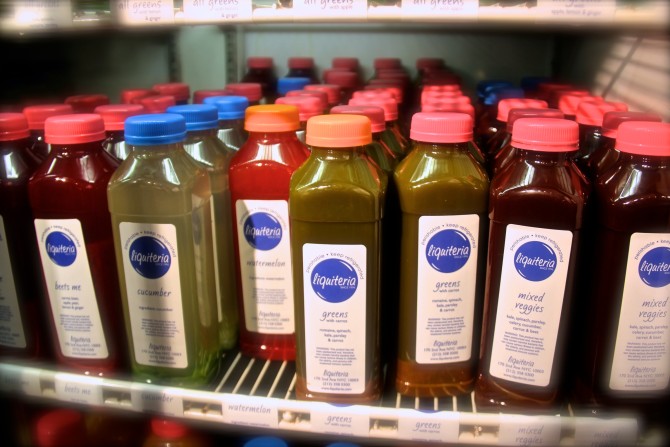
Photo by Dylan Stilin
What I learned time and time again in grad school, however, was that it’s better to eat whole fruits, nuts, and vegetables, rather than consume them in juice form. Often times, juices are filtered and pulp is lost, along with fiber, which is beneficial to the body for digestive health, satiety, and for maintenance of a healthy weight, among other things.
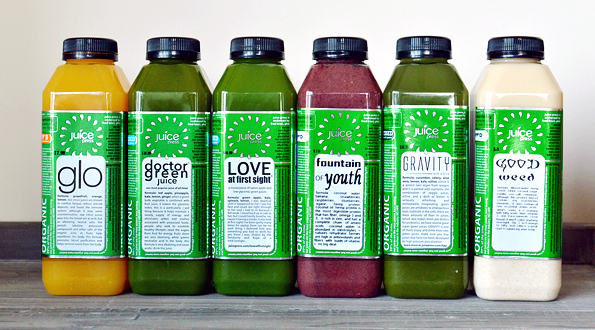
Photo courtesy of Juice Press
Additionally, many vitamins, minerals, and phytochemicals are light and oxygen sensitive. So when juice leaves its whole food form and then sits in a clear bottle for days, these nutrients are lost.
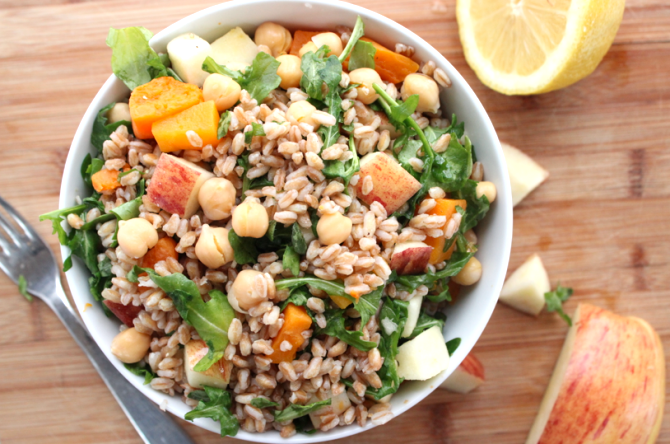
Photo by Katherine Baker
If you drink fresh juice once in a while or happen to like juice cleanses, I’m not going to hate on you or stop you. I’m all about people doing what works for them. But my advice for better health is always simple: focus on the big picture and overall dietary patterns instead of quick fixes. Be wary of marketing and money-making industries (like juice cleanses and the vitamin industry). Fill up on fresh whole foods and moderate the rest – stuff you’ve heard before. Boring and simple, but it’s truly the way to go.


